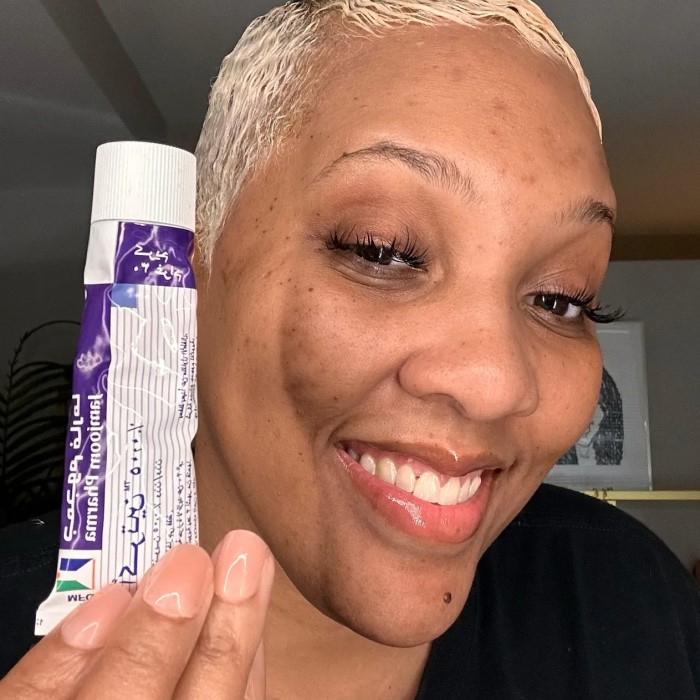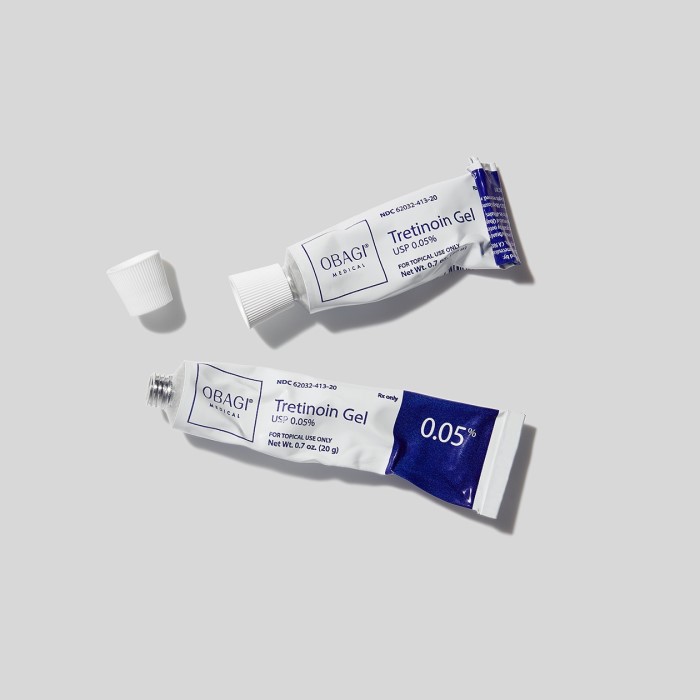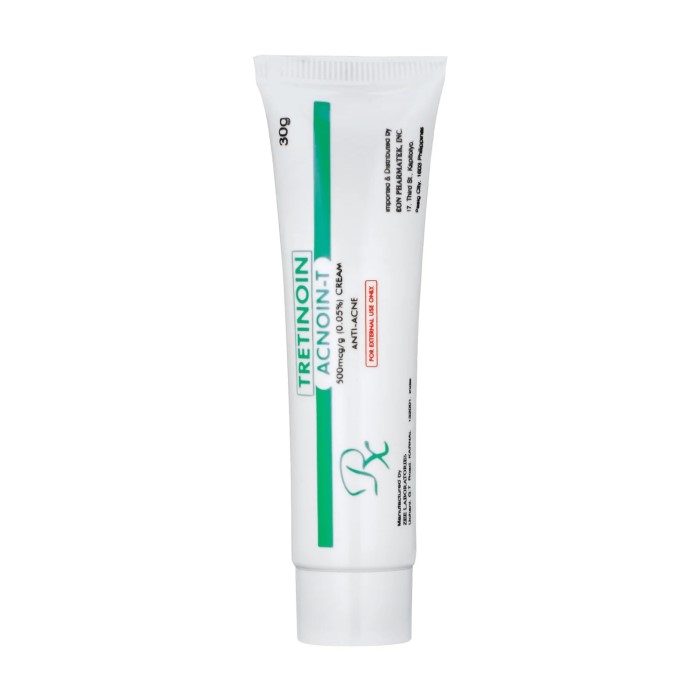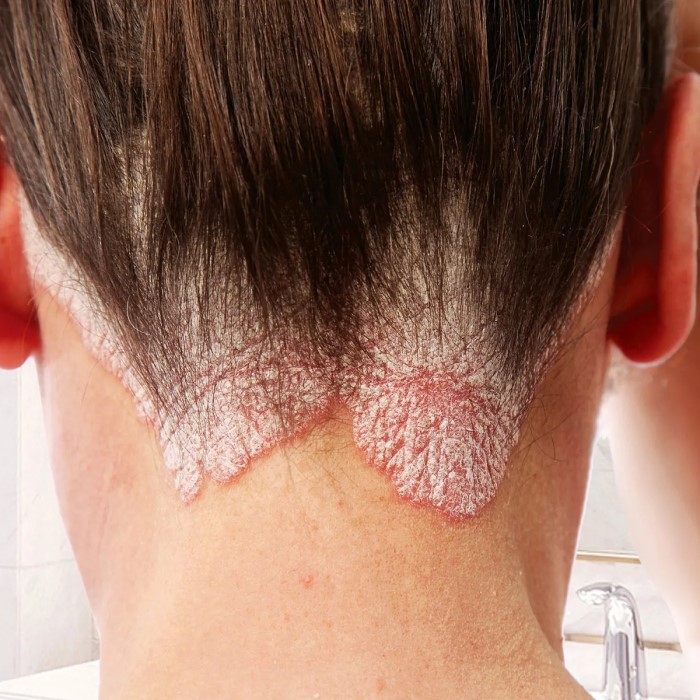
Can Tretinoin Cause Hair Loss? How to Protect Your Hair Health
Introduction: The Connection Between Tretinoin and Hair Loss
The query, “can tretinoin cause hair loss?” is increasingly common among those beginning tretinoin treatments. Tretinoin, a derivative of vitamin A, is widely praised for its effectiveness in treating various skin issues, including acne and signs of aging. While its benefits for skin health are well-documented, concerns have emerged about the potential impact on hair health. With many users apprehensive about possible side effects, understanding the relationship between tretinoin and hair loss is vital. This article examines the claims and provides insights on how to protect your hair health while using this powerful topical treatment.
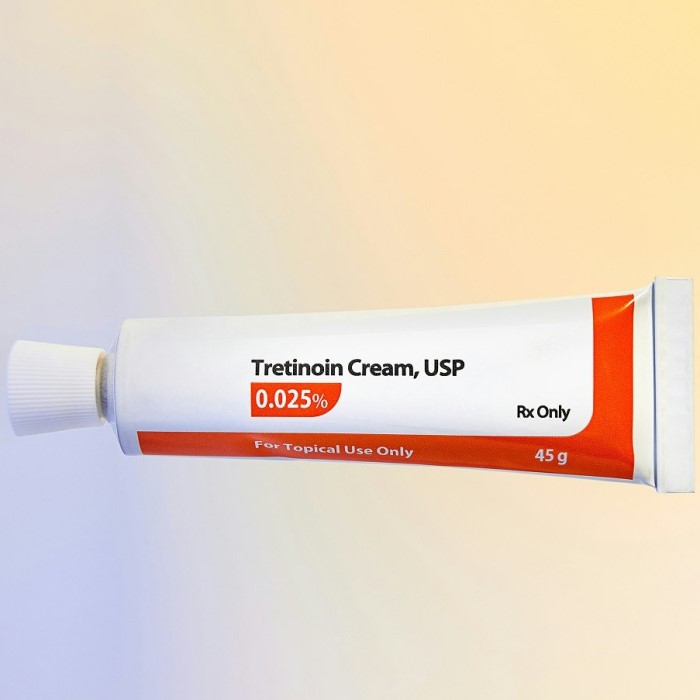
What is Tretinoin?
To grasp how tretinoin may affect hair loss, it’s essential to first recognize what it is and how it works:
- Topical Treatment: Tretinoin is primarily available as a topical cream, gel, or liquid and is often prescribed for acne, hyperpigmentation, and fine lines. By promoting skin cell turnover, it helps to shed dead skin and encourages new skin cells to emerge.
- Mechanism of Action: Tretinoin functions by binding to specific retinoic acid receptors in skin cells. This binding induces various skin processes, such as increasing collagen synthesis and enhancing cell turnover rates. While these benefits are significant, they can also lead to irritation in sensitive skin or areas, raising questions about secondary effects, including hair health.
Can Tretinoin Cause Hair Loss?
Can tretinoin cause hair loss? The potential for tretinoin to cause hair loss is a nuanced topic. Here are some factors to consider:
Temporary Shedding
- Initial Observations: Some individuals using tretinoin have reported experiencing hair shedding shortly after starting the treatment. This occurrence can be surprising and concerning for those unfamiliar with the potential side effects of topical retinoids.
- Temporary Nature: The shedding is generally temporary and is often attributed to the skin’s adjustment to the medication. As the skin undergoes significant changes, it may affect the hair follicles inadvertently.
- Disruption of Hair Growth Cycle: When tretinoin accelerates cell turnover and causes adjustments in the skin, this shift may briefly override the normal hair growth cycle. It can result in an increased number of hairs entering the telogen (shedding) phase.
- Reassurance for Users: Understanding that this shedding is usually temporary can reassure users. As the skin acclimates to tretinoin, shedding typically decreases, and hair regrowth may resume.
Skin Irritation
- Sensitivity of the Scalp: The scalp can be particularly sensitive to topical medications like tretinoin. Many users might experience redness, dryness, or irritation as their skin reacts to the active ingredients.
- Impact on Hair Health: Irritated skin can lead to increased scratching as individuals seek relief from discomfort. This scratching can create mechanical damage to the hair shafts, further exacerbating hair loss.
- Mechanical Damage vs. Drug Effects: It is important to differentiate between hair loss caused by direct damage from scratching and hair loss potentially influenced by the medication. Damage caused by irritation is often reversible once the irritation subsides and care practices improve.
- Promoting Healing: Managing irritation through appropriate hair care and scalp treatment can alleviate symptoms and protect hair from further damage.
Inflammation
- Effects of Prolonged Inflammation: If the scalp remains consistently inflamed due to an adverse reaction to tretinoin, it can negatively impact hair health. Chronic inflammation can affect the environment in which hair grows, disrupting the hair growth cycle.
- Disruption of Growth Cycles: Inflammation can lead to an imbalance in the hair growth cycle, causing more hairs to enter the shedding phase. This, combined with the stress on hair follicles, can contribute to thinning or increased hair loss.
- Duration of Inflammation: The duration and severity of inflammation are critical factors. Quick intervention strategies can help reduce inflammation and facilitate recovery, protecting hair health.
- Importance of Monitoring: Users are encouraged to monitor their scalp condition and consult professionals if significant inflammation persists. Early intervention can mitigate risks to hair health.
Emotional Factors
- Psychological Impact: Stress and anxiety related to skin conditions can have profound effects on overall well-being. Many individuals dealing with acne or other dermatological issues may experience heightened emotional distress, which can influence hair health.
- Connection to Hair Loss: Psychological stress is known to contribute to various forms of hair loss, including telogen effluvium. This condition occurs when a significant stressor causes a large number of hair follicles to enter the telogen phase simultaneously.
- Duration and Severity of Stressors: The longer individuals experience stress without effective coping mechanisms, the more likely they may face hair shedding or thinning. Thus, addressing emotional well-being is vital for maintaining overall hair health.
- Coping Strategies: Engaging in stress-relief practices such as mindfulness, exercise, and therapy can significantly benefit individuals dealing with skin conditions and hair health. A holistic approach can support mental and physical well-being.
Expert Opinions on Tretinoin and Hair Health
Experts emphasize that the risk of hair loss from tretinoin use is relatively low. However, they suggest several proactive measures to mitigate potential effects:
Starting Low and Slow
- Gradual Introduction of Tretinoin: Dermatologists frequently recommend starting with lower concentrations of tretinoin, especially for those new to the treatment. This gradual introduction allows the skin to acclimate to the medication’s effects without overwhelming it.
- Reducing Risk of Irritation: By beginning with a milder formulation, users can significantly decrease the likelihood of skin irritation. High concentrations of tretinoin can lead to redness, peeling, and dryness, which may deter individuals from continuing treatment. Starting slow helps mitigate these immediate side effects.
- Observing Skin Reactions: Using a lower concentration initially provides an opportunity to monitor how the skin responds to tretinoin. Individuals can gauge their tolerance and identify any adverse reactions early in the treatment process.
- Adjustment Over Time: Once the skin adapts to the medication, dermatologists may recommend gradually increasing the concentration. This stepwise approach allows for better skin resilience and minimizes disruptions to the skin barrier.
- Impact on Hair Health: Starting low and slow is particularly important for individuals concerned about hair health. Lesser concentrations can help prevent irritation on the scalp, reducing the risk of hair loss or thinning that might occur due to inflammation or direct damage.
Consult a Dermatologist
- Regular Progress Reviews: Having consistent check-ins with a dermatologist helps track progress throughout the treatment process. These reviews can provide valuable insight into how well the medication is working and whether adjustments are necessary.
- Promptly Addressing Side Effects: Regular consultations allow healthcare providers to identify and address side effects, including any indications of hair loss. By monitoring changes closely, dermatologists can recommend modifications to the treatment plan before issues escalate.
- Tailored Recommendations: Each individual’s skin type and condition are unique; therefore, dermatologists can provide personalized advice based on specific needs. This tailored guidance can significantly enhance the effectiveness of tretinoin while minimizing unwanted effects.
- Support for Treatment Adherence: Encouraging ongoing conversations about any difficulties or concerns can help maintain patient adherence to the treatment. When users feel supported, they are more likely to continue using tretinoin effectively.
- Adjusting Treatment Plans: If hair loss or other side effects occur, dermatologists can promptly adjust the treatment plan. This might involve changing the concentration of tretinoin, switching to a different formulation, or recommending complementary hair care strategies.
Protecting Your Hair Health While Using Tretinoin
While using tretinoin, consider implementing the following strategies to safeguard your hair health:
1. Adopt a Gentle Hair Care Routine
- Use Mild Shampoos: Opt for sulfate-free and gentle hair care products. These products help in maintaining scalp hydration and reducing irritation.
- Limit Heat Styling: Whenever possible, minimize the usage of heat styling tools, as they can further contribute to hair damage.
2. Scalp Moisturization
- Keep the Scalp Hydrated: Incorporate hydrating products that target dryness caused by tretinoin. Scalp oils or light moisturizers can help prevent irritation.
- Avoid Harsh Chemicals: Steer clear of hair care products containing harsh chemicals that could irritate the scalp and lead to hair problems.
3. Regularly Monitor Hair and Scalp Health
- Self-Exam: Regularly check the scalp for signs of irritation, increased hair loss, or any new patches. Early detection aids in timely intervention.
- Adjust Based on Observations: If noticeable changes in hair health occur, consider consulting your dermatologist for guidance on adjusting treatment or care routines.
FAQs about Tretinoin and Hair Health
What Are the Negative Effects of Tretinoin Cream?
Tretinoin cream can cause side effects such as dryness, redness, irritation, and peeling of the skin. While hair loss is reported, these effects are often temporary and reversible with proper care.
Can I Use Tretinoin with Clindamycin?
Yes, you can safely use tretinoin with clindamycin. In fact, this combination is commonly prescribed for acne treatment, as they complement each other effectively.
Can Tretinoin Boost Hair Growth?
Some studies suggest that tretinoin may stimulate hair growth when used as part of a regimen for conditions like alopecia. However, consult your dermatologist for appropriate applications in hair treatment.
Conclusion
In conclusion, the question can tretinoin cause hair loss often results in confusion and concern among users. While some may experience temporary hair shedding, this is typically manageable with the right care strategies. Monitoring scalp health, employing gentle hair care practices, and consulting your healthcare provider can significantly reduce any negative impacts on your hair health.
Tretinoin remains a highly effective treatment for various skin issues, and with careful management, its benefits can be enjoyed without compromising hair health. Adopting proactive measures and remaining informed is crucial for anyone using tretinoin. Protect your hair, watch for changes, and consult with your dermatologist to navigate your treatment journey successfully.
